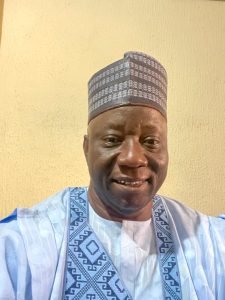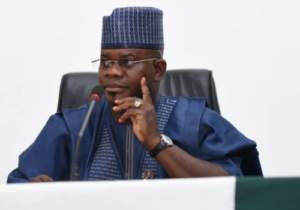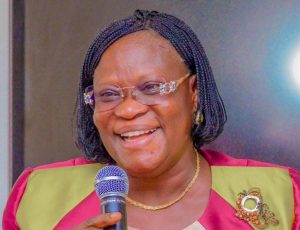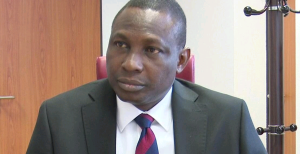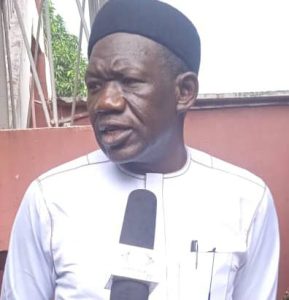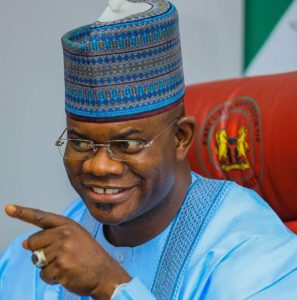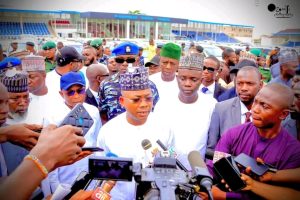Nigeria rising debt profile: A blessing but let’s avoid the curse – by Akoh Jacobs F
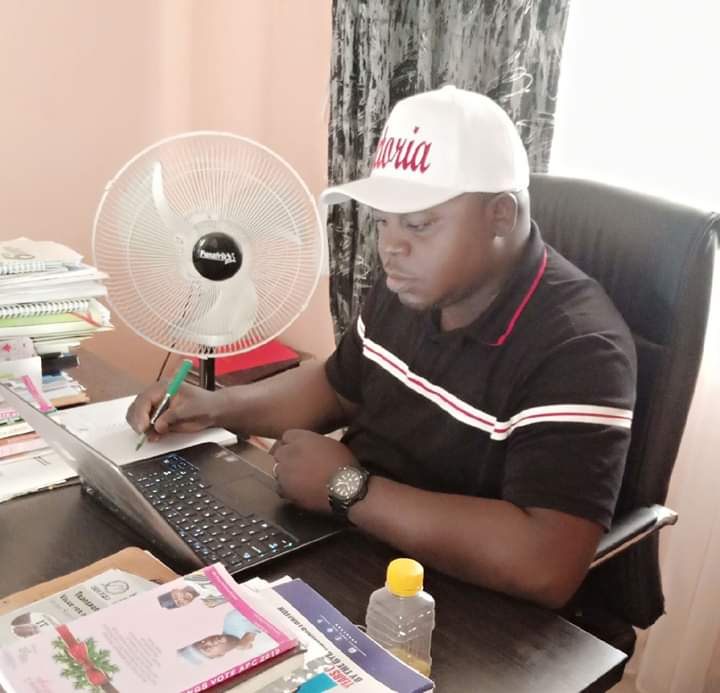
Debt in finance means an amount of money owe or dues owed to be paid by the borrower to the lender at a cost within an agreeable period of time. It come with terms and conditions set by the lender and to be abides by the borrower as the contract between the lender and the borrower.
Naturally, human wants are insatiable and means of satisfying them are limited, there is needs sometime to go for alternative source of fund to meet up with life saving obligations by borrowing. So borrowing isn’t an end but a means to an end depending on the usage of the amount borrowed. It means it is a blessing since the borrowed amount can make fulfilling of obligations possible but become a curse if the borrowed fund is mismanaged with its attendant consequences.
Debts comes in form of term loan, overdraft, bonds, debenture, sovereign guarantee or equity which tenor could be short term, medium or longterm. Debt could be a blessing if it is incurred for the purpose of investments and a curse if it is secured for sustainable consumption or corruption.
In public finance, debt is mainly categorised into external otherwise called foreign debt or domestic debt also known as local debt. External debt is the summation of total amount owe to foreign debtors such as foreigners of high net worth individuals, foreign financial institutions, International bodies and Government of other Nation by a country. Local debt is however the total amount of money owe by a country to high net worth individuals, commercial banks or other bodies or group within her economy. Addition of external exposure and local debt of a nation is what is refer to as total debt.
As aforementioned, owing a debt is not as bad as borrowing and owing for a wrong reason of consumption, wastage, misappropriation and corruption. Record has shown that no country in the world is debt free. The debt of United State of America is in excess of $22trillion. It is far the largest in the world. It has been increasing by $1trillion each year since 2007.
It is in public domain how steadily Nigeria debt has been rising from $63.5B (N12Trillion) in December 2015 to the present $83.88B in December 2019. The good news however is the fact and testimonies in public that the debt so far incurred by the present administration in Nigeria is to address the infrastructural investment gap in her economy. Evidentially, the construction of many roads and rehabilitation of more across the country is an appropriate step in upscaling the Nation’s economy. Some of the roads includes: Abuja – Kaduna – Kano highway, Lagos Ibadan, Abuja Lokoja, Benin Lokoja, Ilorin Jebba, Abuja Keffi Lafia Makurdi, Suleja Minna, Elesi Ugep, Udukpani Akwaibom, Bodo Bonny, Umunya Akwa Onitsha, Arochukwu Ohafia Bende, Apapa Tincan Mile2 Oworoshonki, Ikorodu Sagamu, Ipaja Otta Abeokuta, Sokoto Tambuwal Jega, Sokoto Yauri, Kaduna Bypass to Kano Bypass, Mayo Belwa Jeda, Gombe Numan Jalingo among other roads and bridges presently ongoing. 1,531kilometers of roads has so far been constructed and 1,008 kilometers rehabilitated.
The milestone in transportation cannot be ignore, Rehabilitation and construction of Airports expansion, construction of rail network notable among them are Abuja Kaduna rail, Abuja metro rail, Itakpe Ajaokuta Warri rail and tracks for Kano Lagos rail and more.
About 116 abandoned and uncompleted water supply projects such as irrigation and Dams to help in reticulating potable drinkable water to the citizens and to also help in agricultural production in an effect to raise the living standard of the people and to guaranteed food security has been undertaken across the country. Worthwhile among them are: Ogbia Regional Water Project in Bayelsa, Northern Isan regional water project in Edo, Ogwashi Uku Dam in Delta, sanka water supply project in Katsina, Takum water supply project in Taraba, Shagari irrigation project in Sokoto, Mangu water supply project in Plateau, Galma Dam in Kaduna and Federal University of Agriculture Water project in Makurdi just to mention but few among the numerous infrastructural investments in water projects across the country.
Measures are in place with positive but aggressive innovation to check wanton corruption with technological reform of payment system in civil/public service as well as government spending. TSA, IPPIS and the new portal is an attestation. The fact remain that Nigeria presently under borrowed but fear of the stakeholders is the amount involved in debt servicing which might become an unbearable national financial burden if not properly managed. There is a great but slight interchanges among the country’s economic variable indexes such as balance of trade, capital inflow, crude oil production (The economic main stay of Nigeria), Foreign Direct Investment (FDI), current account of National income to GDP, export ratio by category, gold reserve, terms of trade, tourism index, import ratio by category, debt to GDP, debt to revenue, remittances among others.
To be able to cut down on borrowing, effort much be productively geared towards the following with conscious efforts to achieve economic of scale.
(1). Cut Government Spending on Frivolities and Prudence in recurrent expenditure.
(2)Raise taxes where necessary reactivating dormant sectors like solid minerals and tourism.
(3). Drive investment promotion mechanism aggressively using PPP model optimally.
(4). Divert much spending to job creation sectors.
So long Nigeria borrowing are tie to infrastructural development to bridge the big gap in infrastructural amenities so as to help improving the economy and living standard of citizens while preventing borrowing for the wrong reasons of embezzlement and waste, the rising debt profile is a blessing in disguise.
AKOH JACOBS F,cfia.
Lokoja – Nigeria.

